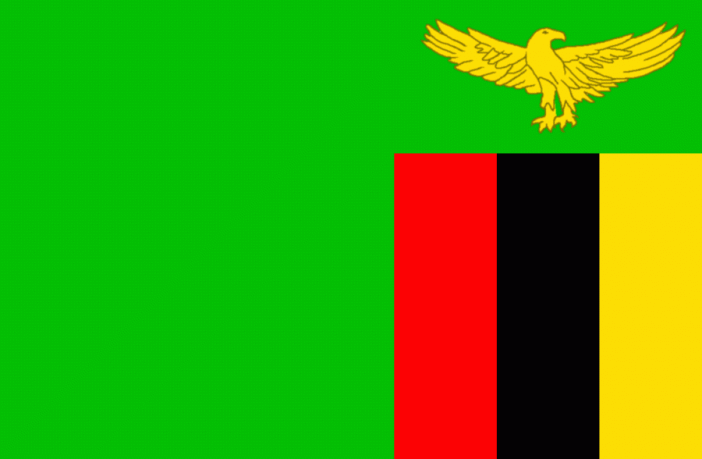News Flash
- Stage 2 load shedding will continue throughout next week from 5am on Monday 8 November until 5am on Saturday 13 November, Eskom said in a statement on Sunday.
- Eskom warns that it could not rule out higher stages of load shedding should the situation worsen.
- A “major incident” in Zambia on Saturday had affected the entire Southern African Power Pool.
- Imported power from Cahora Bassa has also been reduced by 1 000 MW said Eskom spokesperson Sikonathi Mantshantsha
“Regretfully, due to the ongoing insufficient generation capacity and the inability to replenish emergency reserves over this weekend, Stage 2 load shedding will continue throughout next week from 05:00 on Monday 8 November until 05:00 on Saturday 13 November,” said Eskom spokesperson Sikonathi Mantshantsha.
On Saturday 6 November there was a major incident in Zambia affected the entire Southern African Power Pool. During this incident the imported power from Cahora Bassa reduced by 1 000MW while a Tutuka generator also tripped. Furthermore, a unit at Tutuka power station was forced to shut down while there were further delays in returning a unit each at Lethabo and Majuba power stations – Eskom announced in a press release.
Zambia’s entire national grid went down triggering a nationwide power blackout on Saturday after an unidentified problem occurred.
“We have lost power countrywide resulting from a fault, which is yet to be determined. The company is restarting the main sources of electricity to create stability on the system,” state-owned Zesco spokesman John Kunda said.
This is the second major outage reported in Zambia recently. Last month an incident at the Kariba North Bank hydropower station triggered a major power outage.
Related news: Zambia’s Energy Utility ZESCO Has Unsustainable Debt of USD 3.5 Billion
Author: Bryan Groenendaal















